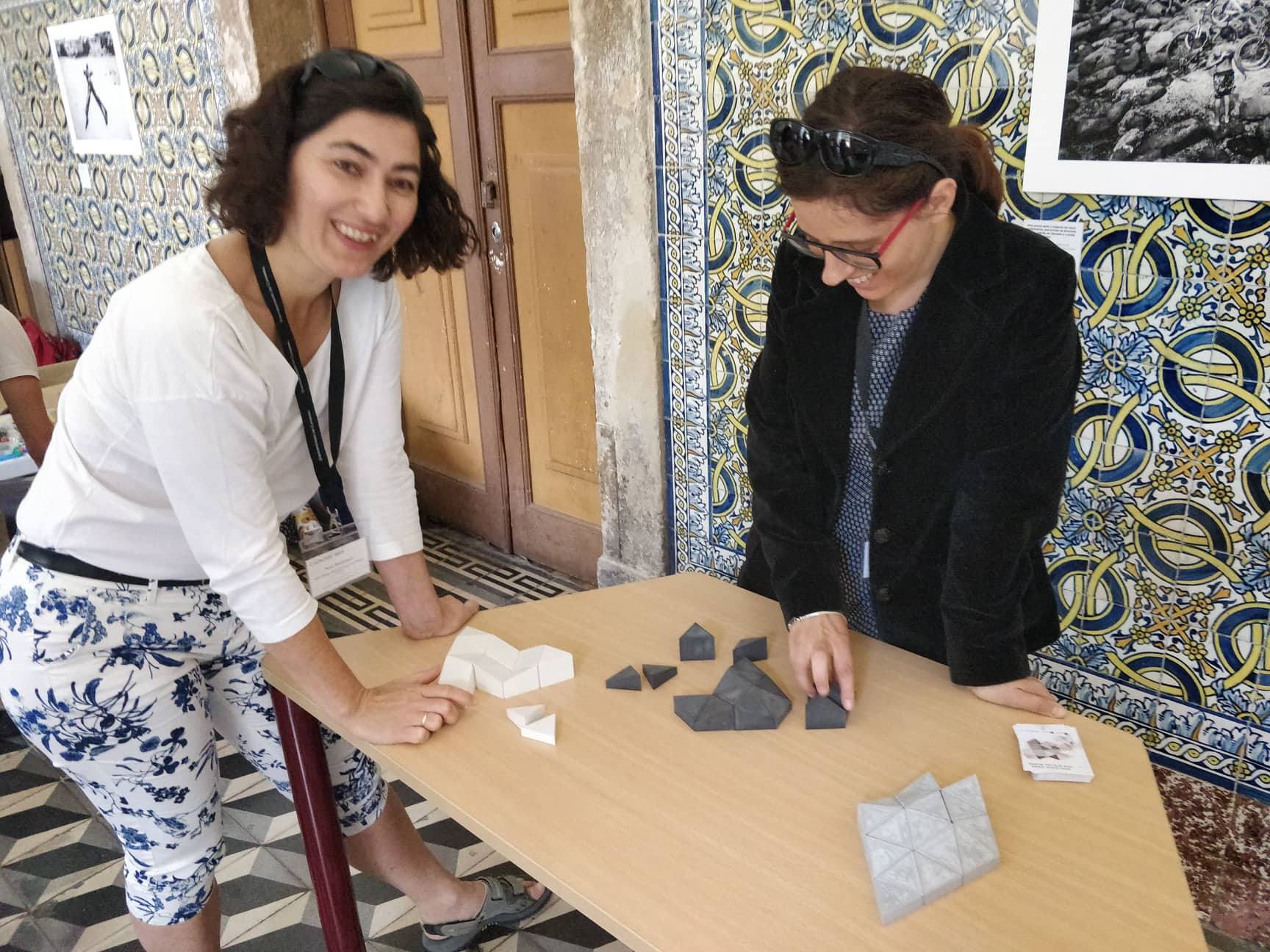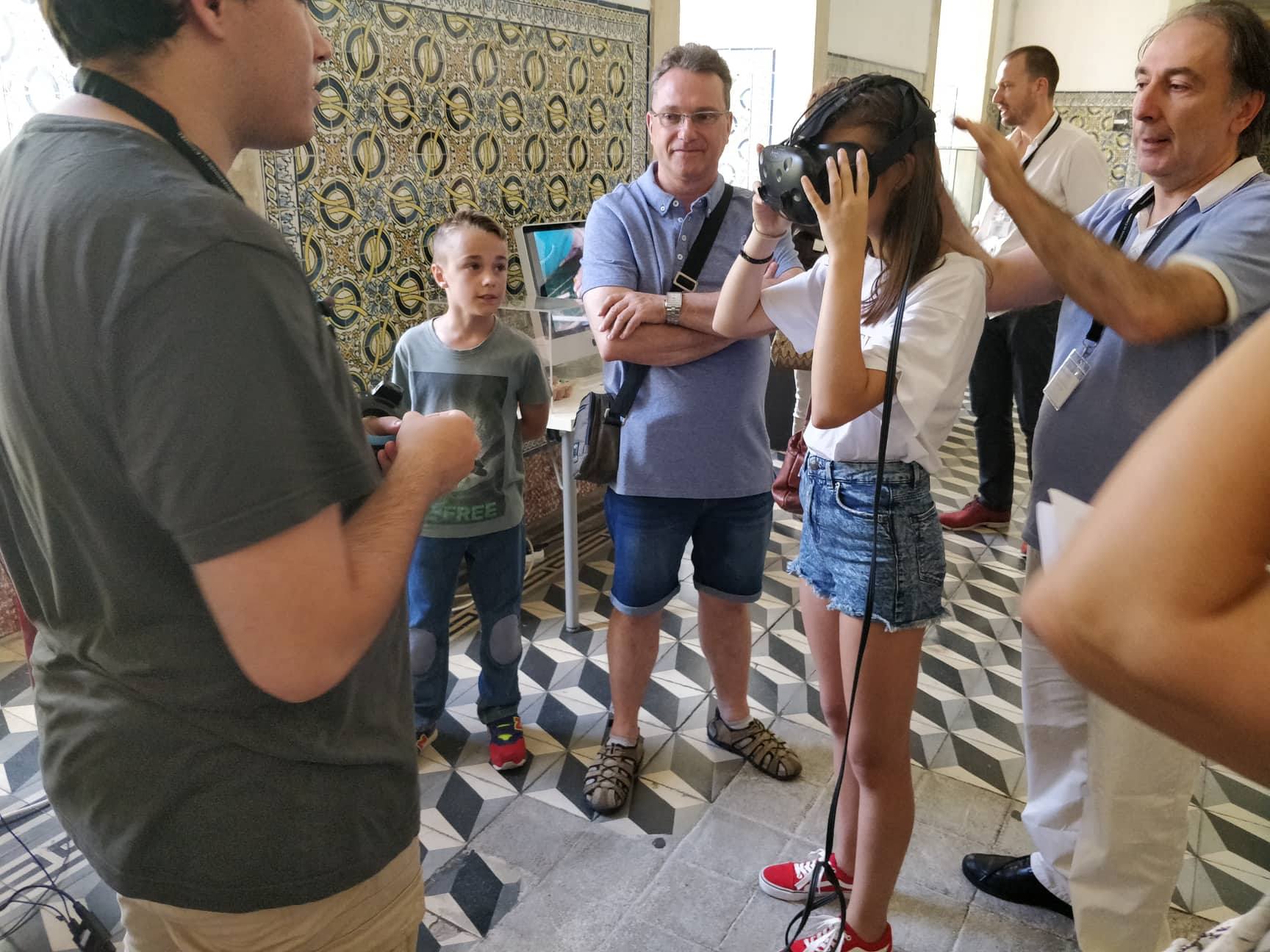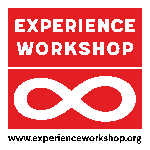GROWING FORMS: Natural Born Mathematics
Fathauer (USA) – Penousal-Martins (Portugal) – Park (Korea)
26-29 June, 2018
Exhibition & Workshop at the Science Museum of the University of Coimbra
Curated by Carlota Simões & Kristóf Fenyvesi

The exhibition and workshop program is part of the CADGME 2018 – Conference on Digital Tools in Mathematics Education, organized by the University of Coimbra. More information on the conference: https://www.uc.pt/en/congressos/cadgme2018
Robert Fathauer’s work incorporates the mathematics of symmetry, fractals, hyperbolic geometry and more, blending it with organic and inorganic forms found in nature. This synthesis allows him to create novel prints and ceramic sculptures that derive their appeal from juxtapositions such as complexity / order and movement / balance. A selection of prints and recent ceramic works will be displayed.
 Robert Fathauer is fascinated by beautiful and complex forms both in mathematics and in the natural world. He was trained as a research scientist, having earned a Ph.D. from Cornell University and worked at the Jet Propulsion Laboratory. He’s also had a lifelong interest in art and has worked in a variety of media. This background enables him to explore mathematical ideas and to extend them in innovative ways to create unique and highly original prints and sculptures. He’s particularly intrigued by complex and intricate structures that exhibit symmetrical and regular underlying order. In recent years, his primary artistic mode of expression has been abstract ceramic sculpture. In addition to creating art, he designs puzzles and polyhedral dice, writes books, and organizes group exhibitions of mathematical art.
Robert Fathauer is fascinated by beautiful and complex forms both in mathematics and in the natural world. He was trained as a research scientist, having earned a Ph.D. from Cornell University and worked at the Jet Propulsion Laboratory. He’s also had a lifelong interest in art and has worked in a variety of media. This background enables him to explore mathematical ideas and to extend them in innovative ways to create unique and highly original prints and sculptures. He’s particularly intrigued by complex and intricate structures that exhibit symmetrical and regular underlying order. In recent years, his primary artistic mode of expression has been abstract ceramic sculpture. In addition to creating art, he designs puzzles and polyhedral dice, writes books, and organizes group exhibitions of mathematical art.
Penousal Machado and Tiago Martins’ work explores concepts of artificial life and evolutionary computation to develop autonomous computational art systems. In this case they evolve artificial ants that react to light and colour. The simulation of their behaviour and the rendering of their trails generate complex non-photorealistic renderings characterised by their organic appearance and by the intertwinement of lines.
 Penousal Machado leads the Cognitive and Media Systems group at the University of Coimbra. His research interests include Evolutionary Computation, Computational Creativity, and Evolutionary Machine Learning. In addition to the numerous scientific papers in these areas, his works have been presented in venues such as the National Museum of Contemporary Art (Portugal) and the “Talk to me” exhibition of the Museum of Modern Art, NY (MoMA).
Penousal Machado leads the Cognitive and Media Systems group at the University of Coimbra. His research interests include Evolutionary Computation, Computational Creativity, and Evolutionary Machine Learning. In addition to the numerous scientific papers in these areas, his works have been presented in venues such as the National Museum of Contemporary Art (Portugal) and the “Talk to me” exhibition of the Museum of Modern Art, NY (MoMA).
Tiago Martins is a researcher at the Computational Design and Visualization Lab. (CISUC) who works at the convergence of evolutionary computation, artificial intelligence, graphic design, and art. The focus of his work lies in the creation of generative systems to evolve novel visual artefacts.
 The 4Dframe educational modelling kit was developed by Ho-Gul Park, a Korean engineer and model maker. The wealth of variability offered by this versatile device renders it an excellent educational tool for conceptualizing, modelling, or analyzing topics relevant to forms in nature, like a skeleton or a model of a nano-chemical structure.
The 4Dframe educational modelling kit was developed by Ho-Gul Park, a Korean engineer and model maker. The wealth of variability offered by this versatile device renders it an excellent educational tool for conceptualizing, modelling, or analyzing topics relevant to forms in nature, like a skeleton or a model of a nano-chemical structure.
The creator of the 4Dframe system, engineer Ho-Gul Park, first began by preparing miniature replicas of Korea’s historically famous buildings, such as palaces and temples. While building these scale models, Park was careful to replicate the exact techniques utilized in erecting the original structures. Park meticulously formalized and applied these solutions to develop the constructional elements comprising the 4Dframe system. The 4Dframe system’s high degree of variability makes it a good medium for the modelling of any type of geometric construction, problem, from planar tessellations to complex spatial structures. Other than its application as a tool for geometric modelling and creative problem-solving in the real world of engineering, architecture and applied mathematics, the 4Dframe also provides opportunities to children to experiment with creative methods related to mathematical art.

PROGRAM
The exhibition is open 26-29 June, 10.00-18.00.

Technology in Art and Mathematics Education – Talks in the Science Museum
June 27, 13.45-18.00
Pedro Freitas
Robert Fathauer
Penousal Machado
Kristóf Fenyvesi

CADGME 2018 Family Day Fun Workshops for Children
June 27, 16.00-19.00
Let’s construct a dinosaur skeleton, play soccer with geometrical shapes, explore tiny colorful lizards on the surface of a polyhedron, and learn some new games! Can mathematics be playful? Can it be artistic? Can it be fun? Come and experience it yourself! Workshops and fun programs for everyone from the age of 4.

The workshop program will be provided by the exhibitors and CADGME 2018 participants hosted by the Experience Workshop Math-Art Movement.


